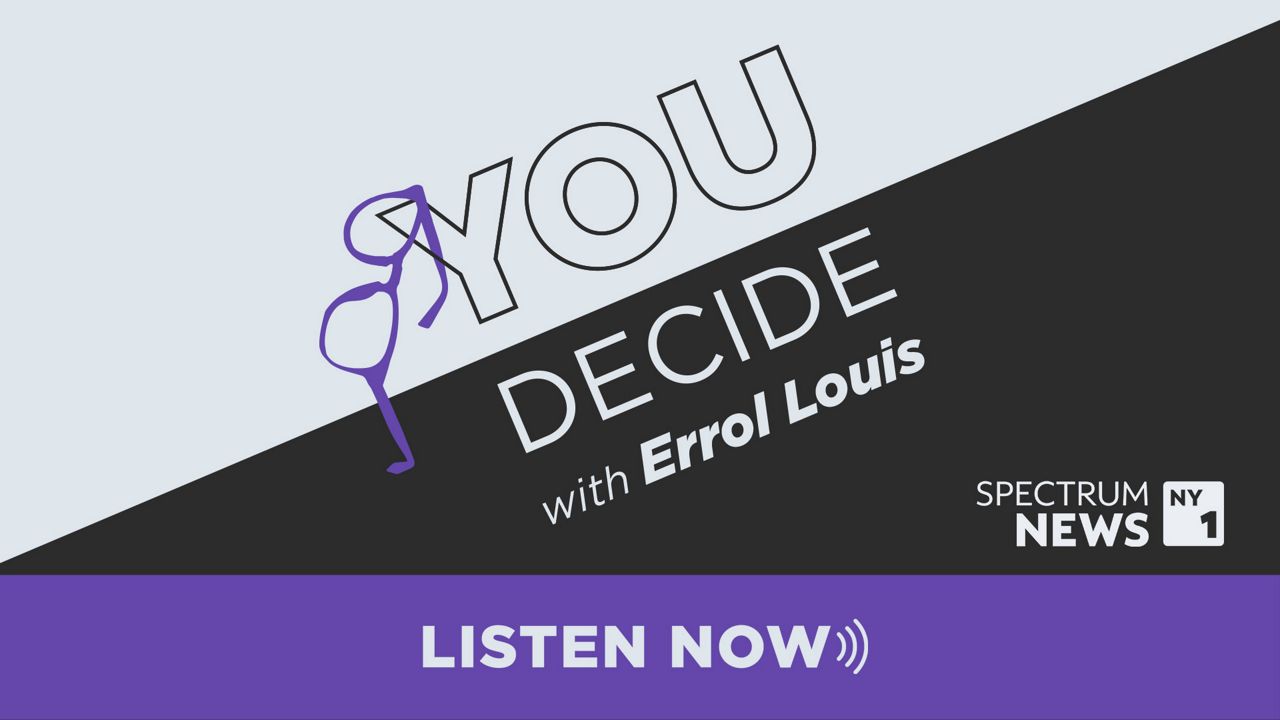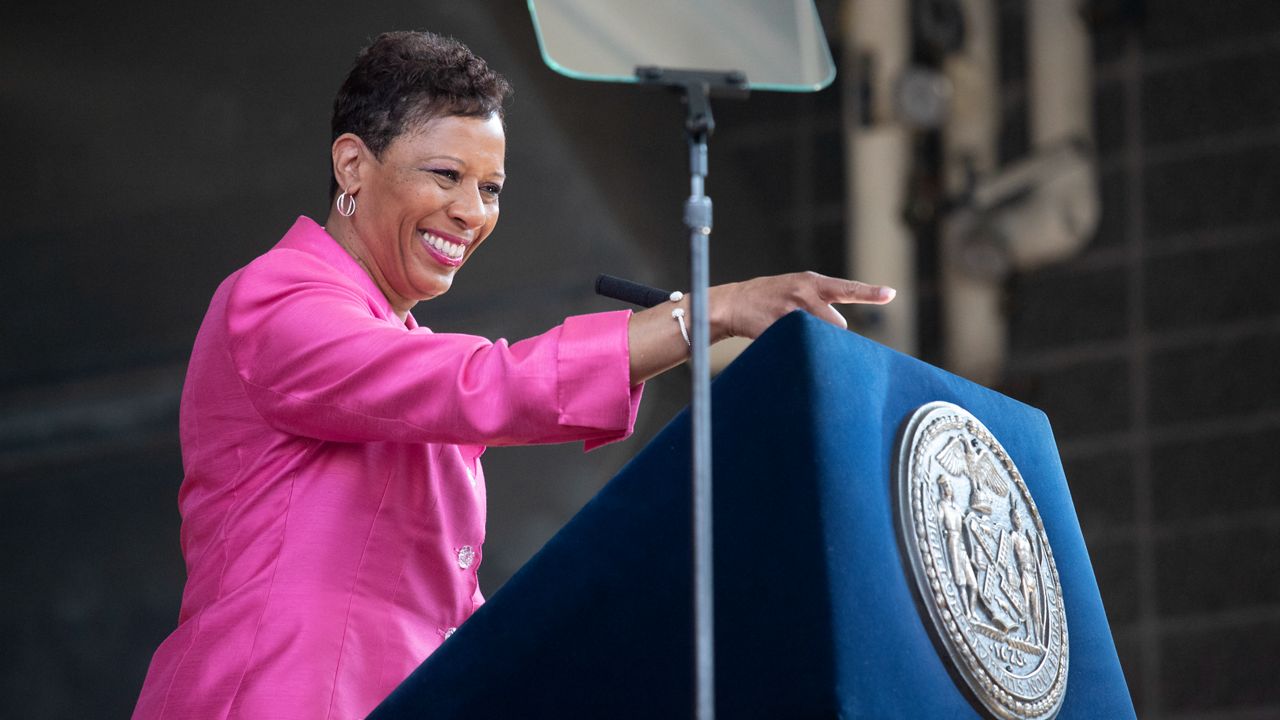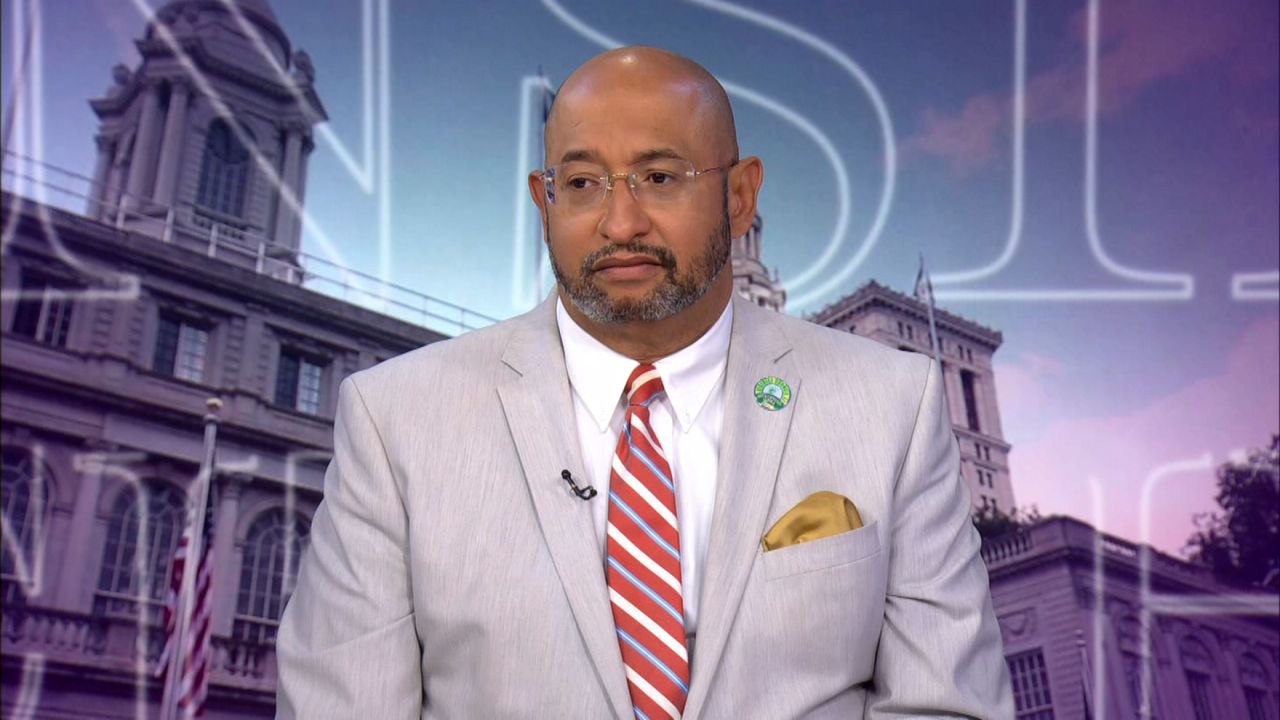Although a bill that would ban TikTok from U.S. app stores unless Chinese company ByteDance divests itself from the company passed the House of Representatives on Wednesday with broad bipartisan support, seven of the votes against it came from New York City Democrats.
Reps. Jamaal Bowman, Adriano Espaillat, Gregory Meeks, Grace Meng, Jerrold Nadler, Alexandria Ocasio-Cortez and Nydia Velázquez were among the 65 total lawmakers – 15 Republicans and 50 Democrats – who voted against the bill.
In a post on X, formerly Twitter, Ocasio-Cortez explained her vote against the bill, calling it “incredibly rushed.”
“There are serious antitrust and privacy questions here, and any national security concerns should be laid out to the public prior to a vote,” her tweet reads.
In a tweet, Nadler said he had “First Amendment concerns about forcing Americans to lose access to the platform of their choice,” as well as issues with “the aim of this legislation.”
“Congress should instead work to address the challenges of TikTok while adhering to our commitment to protect American’s [sic] right to freedom of association and expression,” his tweet reads.
Bowman also tweeted about the bill, saying, in part, that the "rush to ban TikTok sets a dangerous precedent for our country by undermining our freedom of speech."
The legislation could ban TikTok from U.S. app stores if ByteDance does not divest itself from the company within six months.
New York City Reps. Ritchie Torres, Yvette Clarke, Daniel Goldman and Hakeem Jeffries, all Democrats, voted in favor of the bill. Republican Rep. Nicole Malliotakis also voted in favor of the bill.
After the vote, Jeffries, the House minority leader, said he does not want to ban TikTok.
“I don’t support a ban on TikTok. The legislation did not ban TikTok,” Jeffries said. “It’s simply a divestiture of TikTok so that this social media platform can be owned by an American company that would protect the data and the privacy of the American consumer from malignant foreign interests like the Chinese Communist Party.”
Lawmakers have repeatedly expressed concerns about the possibility that the Chinese government could force ByteDance to turn over American users' personal data.
“The fact that we, as a country, have put our leading news source for the most impressionable minds in our society in the hands of our leading foreign adversary, the Chinese Communist Party, is an act of self-sabotage,” Torres, who represents the Bronx and was a co-sponsor of the legislation, told NY1 last week.
TikTok, on the other hand, has argued that lawmakers are essentially stripping millions of Americans of their right to free speech by banning the app.
The bill heads next to the U.S. Senate, though its fate there is unclear.
President Joe Biden has said he would sign the legislation if it passes both the House and the Senate.









